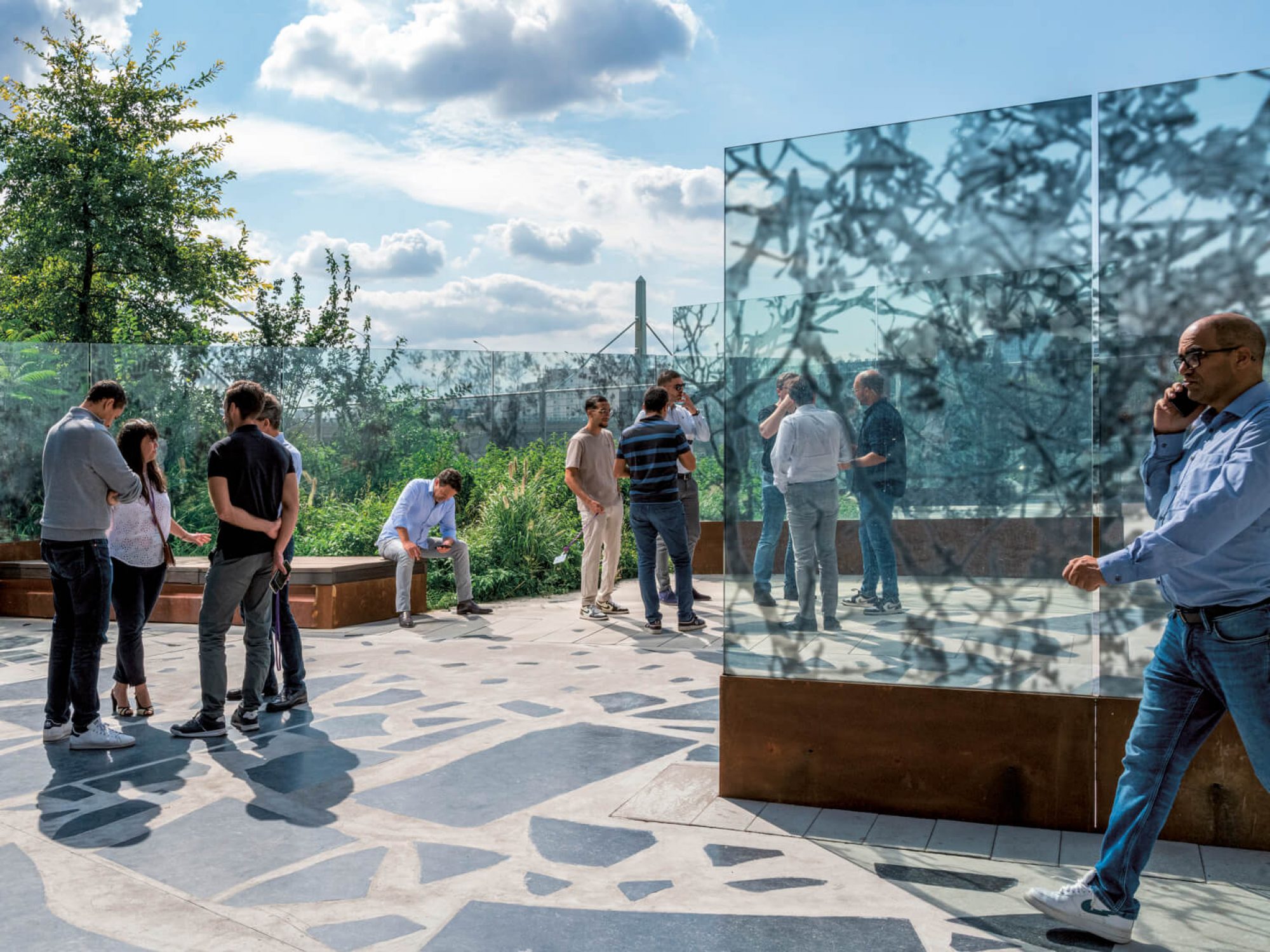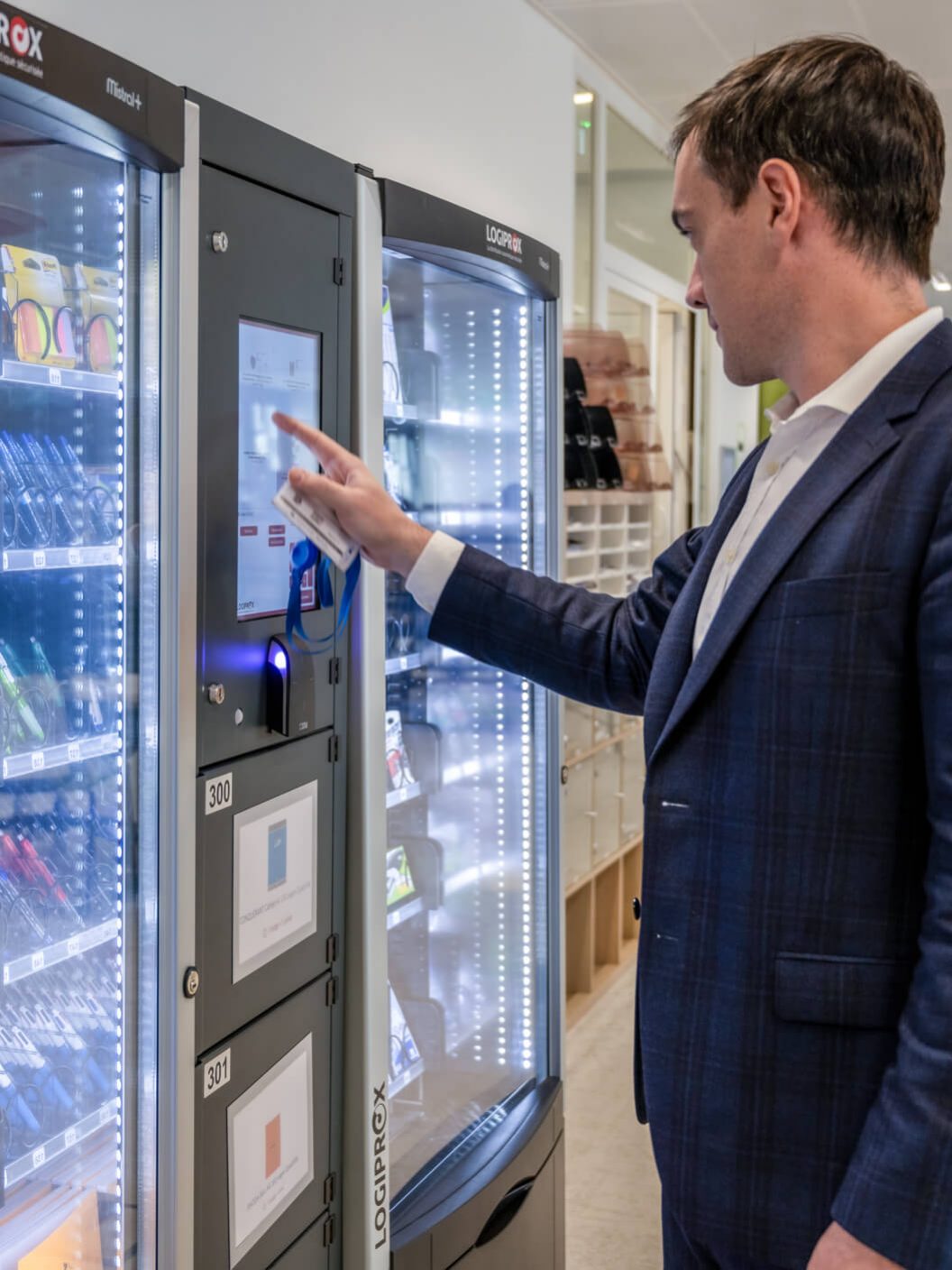
"The place of work is being rethought as a multiple, non-singular place in need of coordination."
Inyerview with Laetitia Vitaud, author and lecturer specializing in the future of work.
What are the long-term effects of the Covid crisis on the way work is organized?
The health crisis first revealed a clear divide between people who are free to work wherever they like and those whose work must be carried out in a specific location. In digitally advanced societies, it would seem that approximately 50% of jobs are now ‘teleworkable,’ which is a lot. For those who can telework, new issues have arisen around the fragmentation of the workplace: the place of work is being rethought as a multiple, non-singular place in need of coordination. And even when you return to the office, things are not the same. The new reality is that we are working on a screen all the time, even back in the office. So the common space, by default, has now become a virtual dimension. For most employees, hybrid work is being accompanied by an excessive workload in terms of its cognitive, emotional, mental and physical impact… Even if we still lack sufficient hindsight about this state of affairs, the challenge is to ensure that hybrid working practices are viable over the long term.

A Zen mindset
The yoga workshop, one of the services offered in the wellness area to unwind and relax at lunchtime.
What opportunities emerge from hybrid working practices?
The good news is that there now exist real opportunities to recreate more sustainable and socially inclusive ways of working. Thanks to remote working, we can recruit people with disabilities, people who live far from the office, women with young children, caregivers, etc. For many employees, flexibility represents an improvement in the quality of their lives, as long as it doesn’t go hand-in-hand with increased surveillance. You can’t gauge the efficiency of teleworking in the same way as working in the office. In the digital version of work, things are done in writing, which gives greater status to people who are more conscientious and more teamwork-oriented. Hybrid working practices could also display egalitarian virtues to the extent that the individuals with strong oral communication skills who stand out in meetings are not necessarily those who impress in writing, who are sometimes more introverted.

Author and lecturer specializing in the future of work

